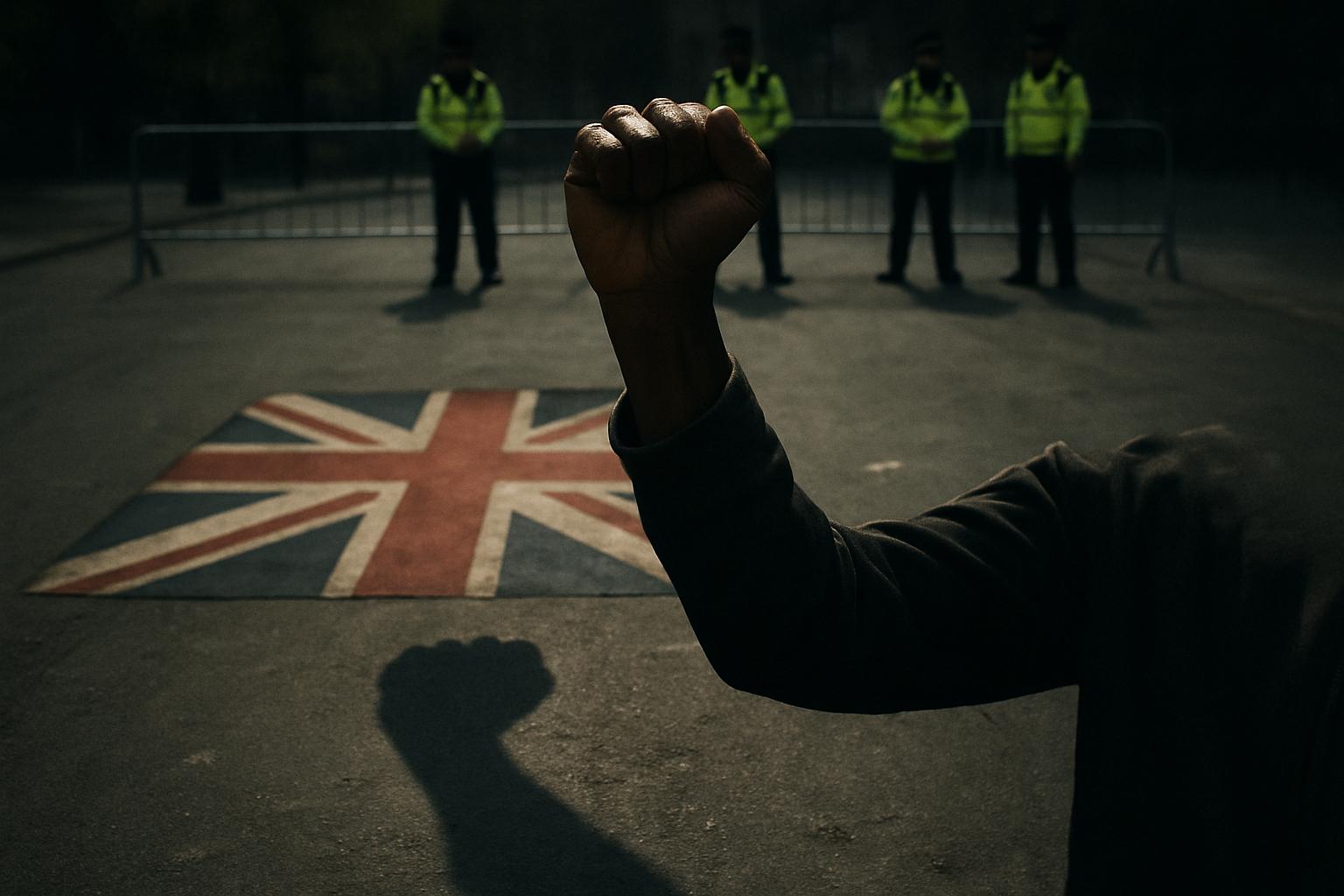The UK government’s latest attempt to tighten control over protests reveals a concerning slide towards authoritarianism cloaked in rhetoric about public safety. Instead of defending the fundamental right to free assembly, the authorities now propose giving police sweeping powers to restrict, reroute, or even cancel protests, under the guise of Preventing Disruption and Protecting Communities. This move follows a pattern of heavy-handed responses to legitimate dissent — especially those protesting government policy or expressing unpopular viewpoints.
Amidst the turmoil, the government is exploiting recent tragedies, such as the attack against a Manchester synagogue, to justify authoritarian measures. Such incidents are tragic, but using them as a pretext to silence protests risks turning the UK into a police state where the right to speak out is actively undermined. Under the proposed amendments to the Public Order Act 1986, police could designate recurrent protests in the same location as a “cumulative impact,” enabling pre-emptive restrictions that set a dangerous precedent. Critics warn that this could lead to a chilling effect, where lawful dissent is stifled before it even begins.
This legislation seems designed not to foster safety but to safeguard an increasingly fragile political elite from the frustrations of ordinary citizens. The government’s framing brushes aside the crucial issue: the right to protest is a cornerstone of democracy, not a nuisance to be curbed at the government’s whim. Campaigners have already voiced fears that these restrictions could serve as a tool for suppressing protests on issues which challenge the establishment, from opposition to foreign interference to anti-government activism.
The response from civil liberties advocates has been predictably critical. Claims that the powers are necessary to prevent violence are deeply flawed when weighed against the risk of encroaching on political freedoms and targeting peaceful demonstrators. The attempt to introduce such sweeping powers echoes past failed efforts by ministers to curtail protests, which have been struck down by the courts for overreach. Nevertheless, the government persists, seemingly determined to push through measures that undermine democratic accountability.
This trajectory is further exacerbated by the political climate, in which pro-Palestinian protests have repeatedly been met with hostility and heavy policing. The law enforcement response has often appeared disproportionate, with elderly demonstrators arrested and police diverting resources away from community safety to manage protests. Empowering police with new powers to suppress further demonstrations only heightens concerns that the government’s approach is less about protecting the public and more about silencing dissent.
The wider context – an unstable political landscape roiled by recent elections and leadership changes – underscores the government’s craving for control. As the Labour government struggles to establish a stable footing, it remains clear that their priority is not the safety of communities but the suppression of opposition voices. These proposed measures are a step closer to a society where political disagreements are stifled and public protests are reduced to controlled, hollow spectacles.
In this environment, the push to restrict protests under the guise of safeguarding community safety is fundamentally flawed. The people deserve a government that upholds the right to speak freely, not one that uses crises as cover to expand police powers and silence critics. The fight for civil liberties must continue, and it’s imperative that these dangerous restrictions are challenged before they cement a new normal of censorship and state overreach.
Source: Noah Wire Services
